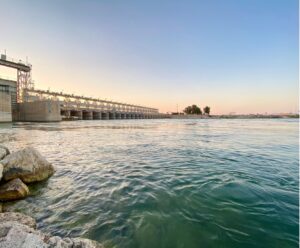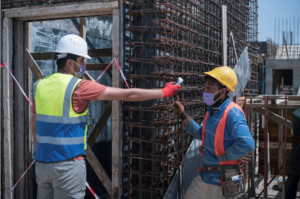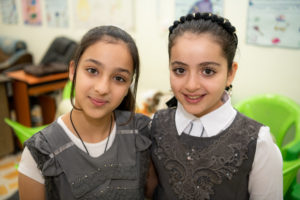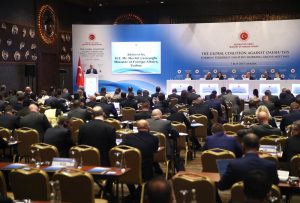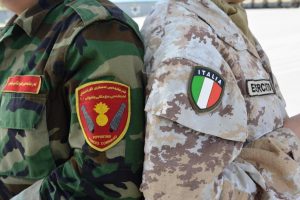On Tuesday 18 June, the United Nations’ Iraq Resident Coordinator, Marta Ruedas, took over the @Coalition Twitter account to answer the public’s questions about UNDP Iraq stabilization efforts – the progress, the challenges, and the processes.
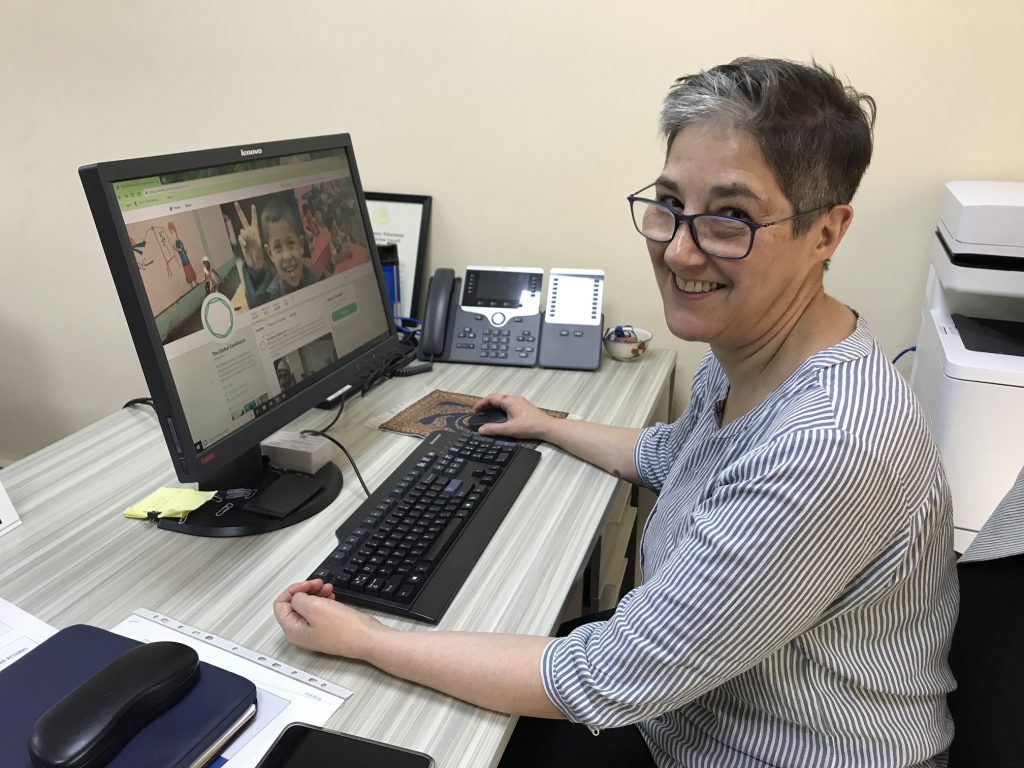
Followers from Baghdad to London to Ottawa participated in the Q&A. The majority of the questions focused on education, infrastructure, and service provision.
On the topic of education, particularly in Sinjar and Ramadi, Ruedas assured that “education is a top priority,” specifying that “more than 1/3 of [UNDP’s] projects across Iraq focus on education” because “More education equals a more stable Iraq.
” Ruedas further noted that the UNDP works with the Iraqi government to identify and prioritize the rehabilitation of schools and universities.
Followers were also curious to know what work was underway in specific liberated cities, including Mosul, Sinjar, Ramadi, and Kirkuk.
Ruedas provided valuable specifics on project targets and updates. In West Mosul, for example – which Ruedas identified as a focus area over the next year – UNDP has rehabilitated 2,000 houses, but plans to rebuild a further 13,000.
This work has been complimented by a further 332 projects in water, electricity, health, education and other infrastructure.
UNDP has planned for 43 projects in Sinjar, 31 of which have been completed, including the restoration of 11 schools. The remaining 12 focus on important basic restoration efforts, such as constructing new health centres and electricity networks.
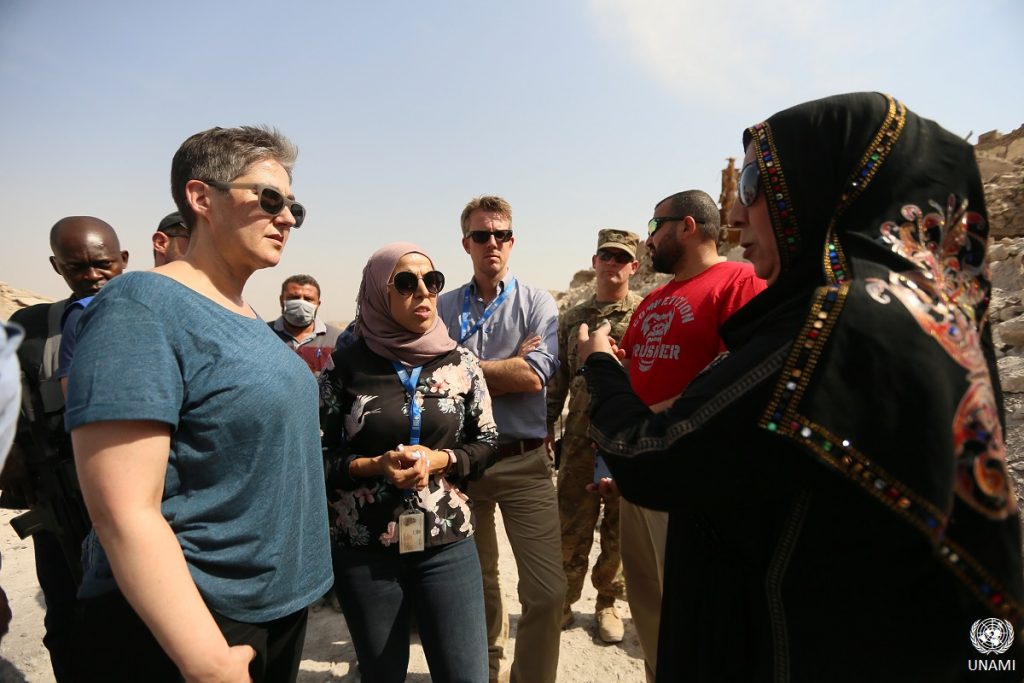
Ruedas also noted that UNDP projects are built by contractors who are “chosen through a transparent & competitive bidding process,” and the emphasis is always on local labour. “We want Iraqis to rebuild Iraq,” she said.
One Twitter user aptly asked what the UNDP was doing to empower women in their stabilization efforts. According to Ruedas, 3 million women and girls have benefited from UNDP stabilization efforts. UNDP is committed to empowering and providing opportunities for women, in both education and work, and employs many engineers, project managers, and other female staff members.
Ultimately, helping to clear IDP camps and facilitate Iraqis returning home is the main driver behind UNDP’s stabilization work. And it is where they have seen the most impact: “Our goal is to get people back home and we are achieving it: 4.2 million people have returned so far.”
For more information on the UNDP’s stabilisation efforts in Iraq, follow @UNDPinIraq and #IraqStabilization on Twitter.


